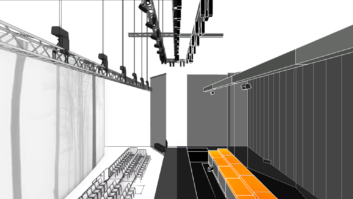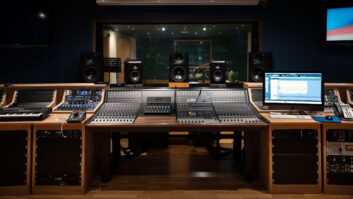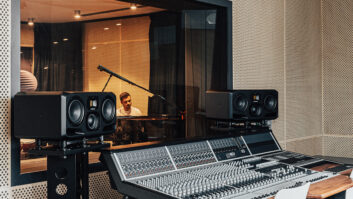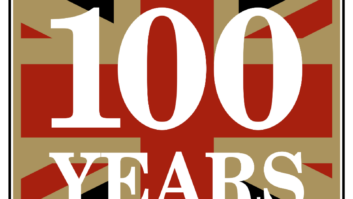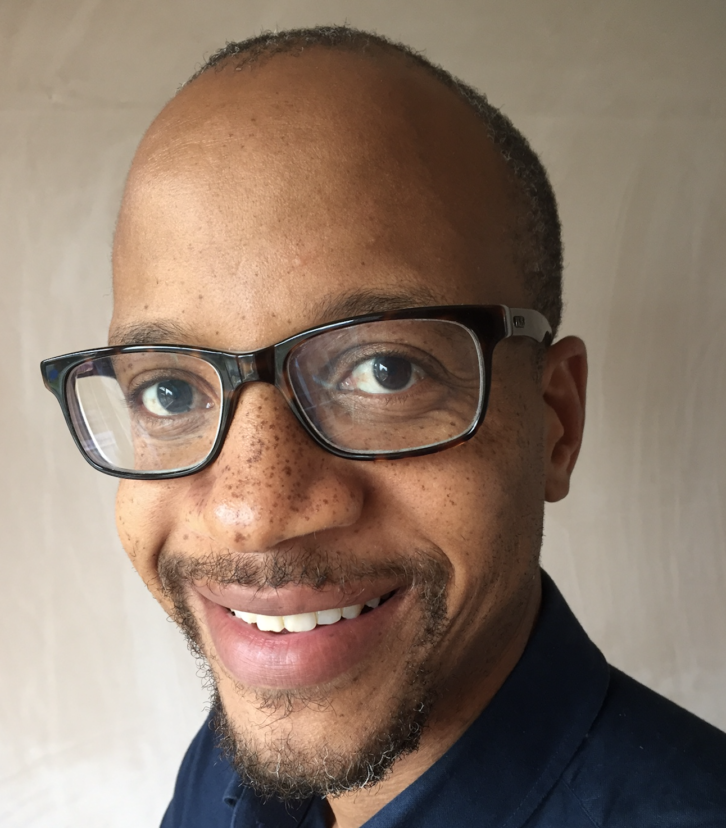
Founded in 2016, Music Support is the UK’s leading peer support charity for professionals from any area of the UK music industry affected by mental ill health and/or addiction issues. Still run by peers today, the charity now plays a vital role in offering year-round support to those working within in-house AV at venues and auditoriums across the UK. Installation caught up with Music Support managing director Eric Mtungwazi to find out more about its incredible work…
Tell us about Music Support’s history.
Music Support was founded by music industry peers in recovery who have personal experience of being affected by addiction and /or mental health issues. Having seen friends, colleagues and acquaintances from every area of the industry take their own lives, die from related conditions, lose their families, careers and livelihoods – or simply fall short of their true potentials – our founders’ desire to help those in similar situations was the driving force behind the charity’s establishment. Today, we run a range of services, led by peers with industry experience, and we continue to help hundreds of people each year affected by mental ill health and addiction.
What are the services you provide?
Our freephone helpline is a non-judgemental and confidential service where callers can speak to a trained industry peer. We offer levels of support for the mild to severe cases. For one caller, feeling heard by a peer who understands can be enough for them to feel supported, for another, a psychiatric assessment may be needed.
We are not affiliated with any provider or treatment centre, although we have developed fantastic relationships with excellent clinicians and care providers to whom we will signpost our clients.
Thrive is our NHS-approved and clinically effective wellbeing app offering 24/7 support focused on the prevention and detection of common mental health conditions. It helps with the early detection, prevention, and management of common mental health disorders such as anxiety and depression, as well as builds resilience so that users can feel empowered to improve their mental health.
Thrive also hosts a private and secure chat system that lets you talk to a coach at the touch of a button. This in-app text-based service guides individuals through their own self-management programme to mental fitness. Music Support is currently giving away the Thrive app as a free downloadable via our website and licenses are valid for 12-months once you start using the app.
Every Monday at 6pm GMT, we host an online support group meeting via Zoom for music people in 12-step recovery (newcomers welcome). This provides a platform for peers to support and encourage each other in the journey of recovery.
We have a qualified addictions counsellor and mental health first aid instructor on staff who delivers online and face-to-face training for industry workers. Companies and/or individuals can purchase training related to mental health and addiction.
Each summer we usually work with festival organisers to host Safe Hubs backstage at major music festivals across the country to address specific needs that can arise on tour and specifically in the festival environment. The hubs provide a safe space for anyone working backstage at events to speak confidentially with a trained volunteer about anything they may be experiencing, or to seek advice about clinical signposting for themselves, their clients or friends. Twelve-step meetings are facilitated at all hubs. All Safe Hub/Outreach volunteers undergo bespoke training developed and delivered by experts from MHFA England.
Why is the promotion of Music Support so important now?
Due to the immediate impact of COVID-19, gigs and music conferences have been cancelled, venues closed and many of our industry peers are facing loss of livelihoods for some time to come. The long-term impact of lockdown is likely to see higher rates of depression, anxiety, and alcohol and drug use. There is an urgent need to provide support that will mitigate the immediate and long-term behavioural health and economic impact of the pandemic, as when we do return to venues, we’d like AV workers in capable health. Seeing transformations in the lives of peers who have sought help, and peers in recovery helping others. Music Support was started by a couple of peers who felt compelled to act. This boldness remains at the heart of who we are what we do. We are developing a fantastic community of peers and we want that to continue.
What is the biggest challenge you face ?
Funding. We are able to deliver what we do because of the generosity and compassion of industry peers and companies that have been willing to contribute financially or through other resources, ensuring Music Support can make services free or at minimal cost. We know that one in four people will experience a mental health problem each year, yet industry workers are higher risk (three in four), so demand for services like Music Support is significantly above current resource and scale.
What advice would you give to someone reading this who is struggling?
The first step may feel like the hardest, but your recovery begins with asking for help. That simple act might be one of the most significant you will ever make.
